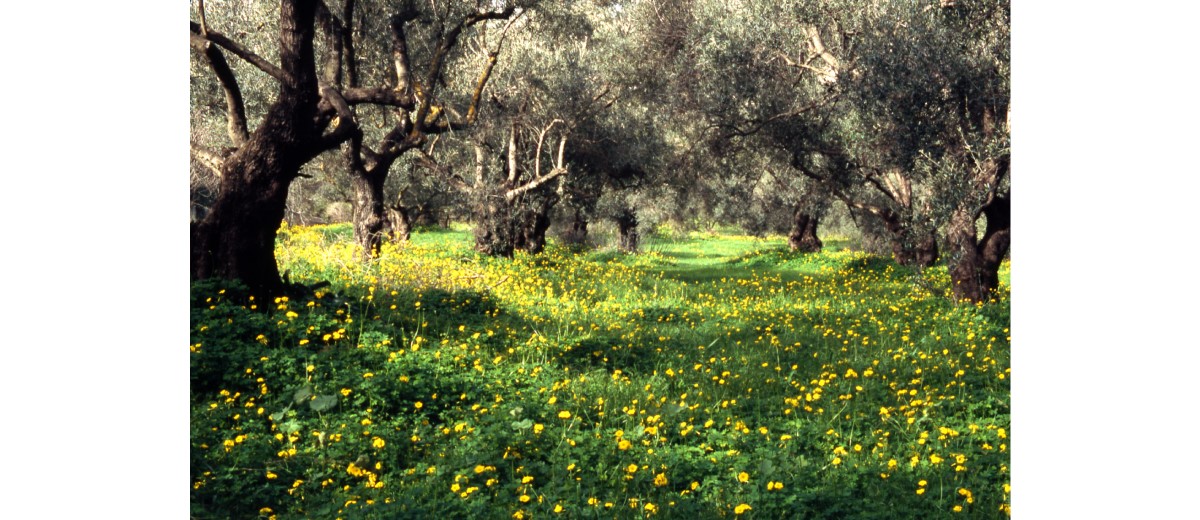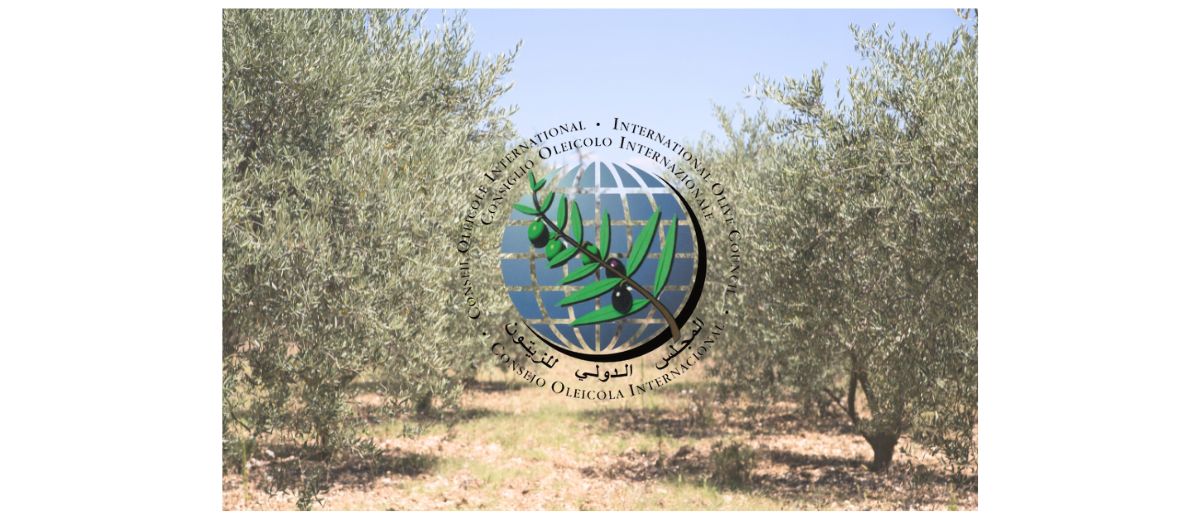Climate change is indisputably one of the greatest challenges faced by humankind across the globe in the current century. It is rapidly affecting our way of living every day, rendering the urgent search for solutions to this threat a main priority item in the international agenda. The United Nations has established a series of climate goals that are aimed in large part at reducing the global carbon dioxide (CO2) emissions in order to avoid our planet from overheating. A task which requires the input and effort from all aspects of society.
It is no wonder that the olive tree, a crop as old as time that is at the heart of the prosperity, life and health of the Mediterranean basin and other corners of the world, also plays a key role in addressing climate change. As part of their millennial photosynthesis process, olive trees capture and absorb carbon, storing it in the soil. According to a 2017 study developed by the International Olive Council (IOC), the world olive-growing area spans approximately 10.5 million hectares, meaning it could remove around 47 million tons of CO2 per year. The data sustains that, on average, one hectare of olive grove can capture 4.5 tons of CO2 per year. Taking into account the total life cycle of olive oil, this means that the production of 1 kg of olive oil can remove up to 10 kg of CO2 from the atmosphere.
Unquestionably, the olive grove stands in a unique position as part of the solution to climate change and should receive a well-earned recognition for its fundamental environmental role. Moreover, this acknowledgement could also have a potentially positive effect on the life of farmers as a whole, as their sustainable and positive agronomic practices could be recognised in the context of ‘carbon credit’ initiatives. For instance, the European Union (EU) is currently working on the development of a framework for certifying carbon removals, implying that these ‘carbon credits’ from agriculture could hypothetically be monetised on the voluntary emissions market.
The IOC, in its unique capacity as the world’s only intergovernmental organisation focusing on olive oil and table olives, is entirely engaged with and committed to the development of sustainable solutions to climate change that put the olive tree at the centre of its actions and that ultimately have a positive effect for all of its stakeholders. In this context, the IOC will be organising an international workshop under the working title “Carbon balance of the olive sector: part of the solution against climate change” at its headquarters in Madrid from Tuesday 17th to Thursday 19th of October, 2023. The event will bring together leading stakeholders from the olive sector, from experts, lawyers and policy makers to project coordinators and representatives of private companies. The workshop participants will discuss on a wide range of topics relating to the carbon balance of olive groves, such as on the scientific consensus surrounding the topic and on the possibility of putting forward an algorithm for calculating said balance, among many other themes. It will be a unique opportunity for them to exchange on their experiences, reflect on the position of the olive and table olive sector in its contribution to addressing climate change, and on how the current situation can actually benefit the sector as a whole.
More detailed information on the workshop will be published on the IOC’s website in the following weeks and in upcoming editions of our monthly newsletter.










